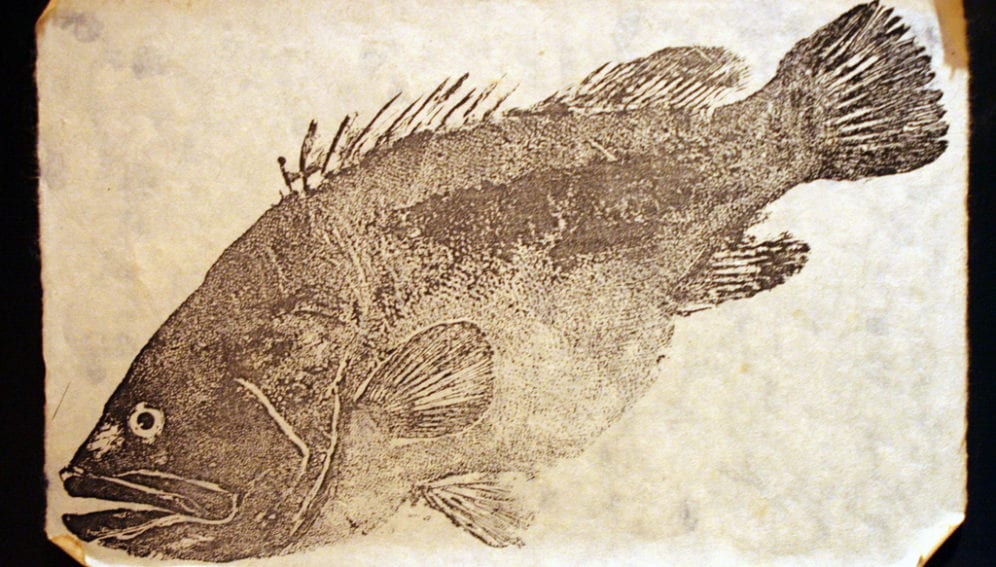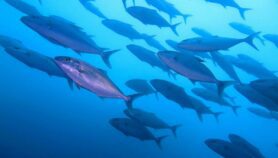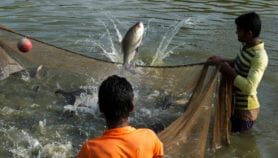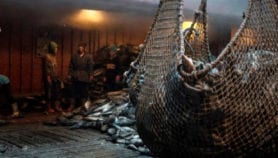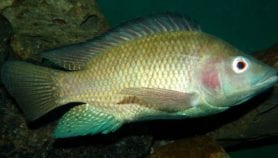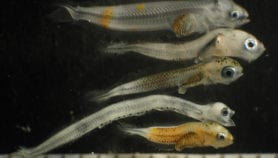By: Wagdy Sawahel
Send to a friend
The details you provide on this page will not be used to send unsolicited email, and will not be sold to a 3rd party. See privacy policy.
A quarter of grouper fish species face extinction or are near threatened because of overfishing and poor management of coral reef fisheries, and a further 30 per cent are so understudied there is not enough data to assess how threatened they are, according to a study.
Urgent conservation efforts are needed to tackle overexploitation and improve the management of these commercially-important fisheries, according to the study to be published in the June issue of Fish and Fisheries.
Most of the threatened and data-deficient species live in the developing world, where they provide crucial food and incomes, the study finds.
Groupers are found predominantly in the tropics and subtropics and they are estimated to be a multi-billion dollar a year industry, says the study.
Yvonne Sadovy de Mitcheson, lead author of the study and a professor at the University of Hong Kong, China, says: "Groupers are caught mainly by local fishermen who sell them to local markets or traders who may export or sell them to big businesses".
But they are also caught by big industrial fishing boats, which remove them at unsustainable scales, she says.
Global catches of groupers rose by nearly 25 per cent between 1999 and 2009 to 275,000 tonnes a year, according to Food and Agriculture Organization figures in the study.
The studysets out major threats to the world's 163 grouper species based on existing assessments using International Union for Conservation of Nature criteria.
It shows that 20 species, or 12 per cent of all grouper species, are at risk of extinction if overfishing trends continue, with a further 13 per cent near threatened.
The majority of these threatened species live in the Caribbean Sea, off Brazil and in the Coral Triangle, which consists of marine waters of Indonesia, Malaysia, Papua New Guinea, the Philippines, the Solomon Islands and Timor-Leste.
For 50 grouper species, there was insufficent data to even evaluate how threatened they are.
The study indicates that, while some management of grouper fisheries exists, challenges remain to ensure their protection and introduce long-term and species-specific monitoring.
"Groupers have slow life cycles, which means that they are among the more vulnerable types of species and easier to overfish than many other species," Mitcheson says.
"Fishermen need to understand that the seas are not endless," she says. "Source countries need to manage their reef resources, which are naturally limited and not very productive, with the food security of their people as a top priority."
If this is impossible, nations could consider banning commercial exports of reef fish, she says.
John Randall, a senior ichthyologist at the Bernice Pauahi Bishop Museum, Hawaii, says that large-scale fishing by foreign nations causes major problems.
"Most alarming are the large fishing vessels from China — especially Hong Kong — that visit developing countries such as Indonesia to fish, often illegally, for groupers and other large fishes," he says.
A study published online in Fish and Fisheries in March estimated that China alone underrepresents its overseas fish catch by an order of magnitude, especially in the waters off West Africa.
"The problem of underreporting catches or of illegal catches is very serious," Mitcheson says, adding that it "undermines our understanding of fishery conditions and affects our ability to
manage fisheries".
References
Fish and Fisheries doi: 10.1111/j.14672–979.2011.00455.x (2013)
Fish and Fisheries doi: 10.1111/faf.12032 (2013)


